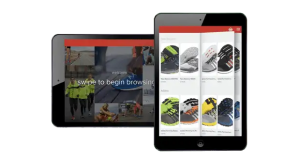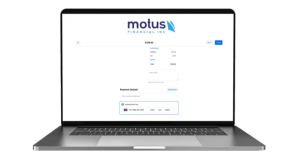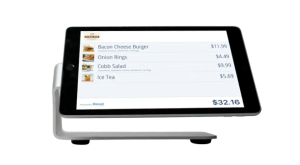Should I Start Surcharging Customers?
Ok, now businesses are allowed surcharge. Is it a good idea?
Like most things, the likely answer to this question is it depends.
- Some businesses may be in violation of other contracts or state laws if they surcharge.
- Some businesses may now consider accepting credit cards, where they have elected not to in the past.
- Some businesses may use this as an opportunity to improve their margins by 2 – 4%.
- Consumers may become impatient with the variety of ways certain businesses adapt to these new rules.
Violating Contracts and State Laws
Although this new settlement with the Department of Justice provides some latitude, there are a number of states where this rule change will be against the law. California, Colorado, Connecticut, Florida, Kansas, Maine, Massachusetts, New York, Oklahoma and Texas limit or prohibit transaction surcharging.
What may also be of some concern is the outstanding situation with American Express. Although Visa and MasterCard have settled, American Express has not. As such, their regulations for accepting American Express cards may prohibit certain businesses from assessing a surcharge like those described by the new rule changes. Businesses could be in violation of their Amercian Express agreements, while operating within the scope of Visa and MasterCard’s framework.
Businesses Adding Cards to Payment Options
Many U.S. businesses in the construction, manufacturing, and large-ticket service businesses have traditionally elected not to accept credit cards because their pricing would have to be adjusted for the increased costs. In these cases, the increase would price them out of other competitive bids. With this change, we may see more non-traditional products and services able to be purchased by card, simply because the surcharge rule change allows them to submit their pricing bids in the same competitive landscape.
Much to the chagrin of walk-in new customers, some retailers have opted out of accepting cards and have even turned customers away. With this rule change, they may no longer need to turn away business.
Margin Pressure Relief
Because most products and services already include the costs of card processing, this surcharge change may motivate certain businesses to keep the pricing the same and add the surcharge on top – effectively increasing their profit margin by the surcharge amount.
For some businesses, the additional margin could make a significant positive impact (saving jobs, spawning investment in new areas, etc.), whereas for others it may have less of an impact.
Consumer Behavior
Customers can become agitated, fairly quickly, when things change – especially pricing. Implementing a surcharge may cause some consternation with the average consumer.
Consumers are used to having the costs of card processing built in to the sale price of a product or service. Because of this, card processing costs are still invisible to most of the general public. Surcharging may shed some light on this service and may draw some additional, unwanted attention to the industry.
With surcharging, we may also see consumers financially motivated to pay for goods and services with cash and checks; and weigh the benefits of earning rewards vs. paying a surcharge.








 Our POS systems are designed to streamline in-store transactions. With features like inventory management, sales reporting, and customer tracking, our POS solutions help you run your business more efficiently. Our terminals are compatible with various payment methods, including chip cards, contactless payments, and mobile wallets.
Our POS systems are designed to streamline in-store transactions. With features like inventory management, sales reporting, and customer tracking, our POS solutions help you run your business more efficiently. Our terminals are compatible with various payment methods, including chip cards, contactless payments, and mobile wallets.
